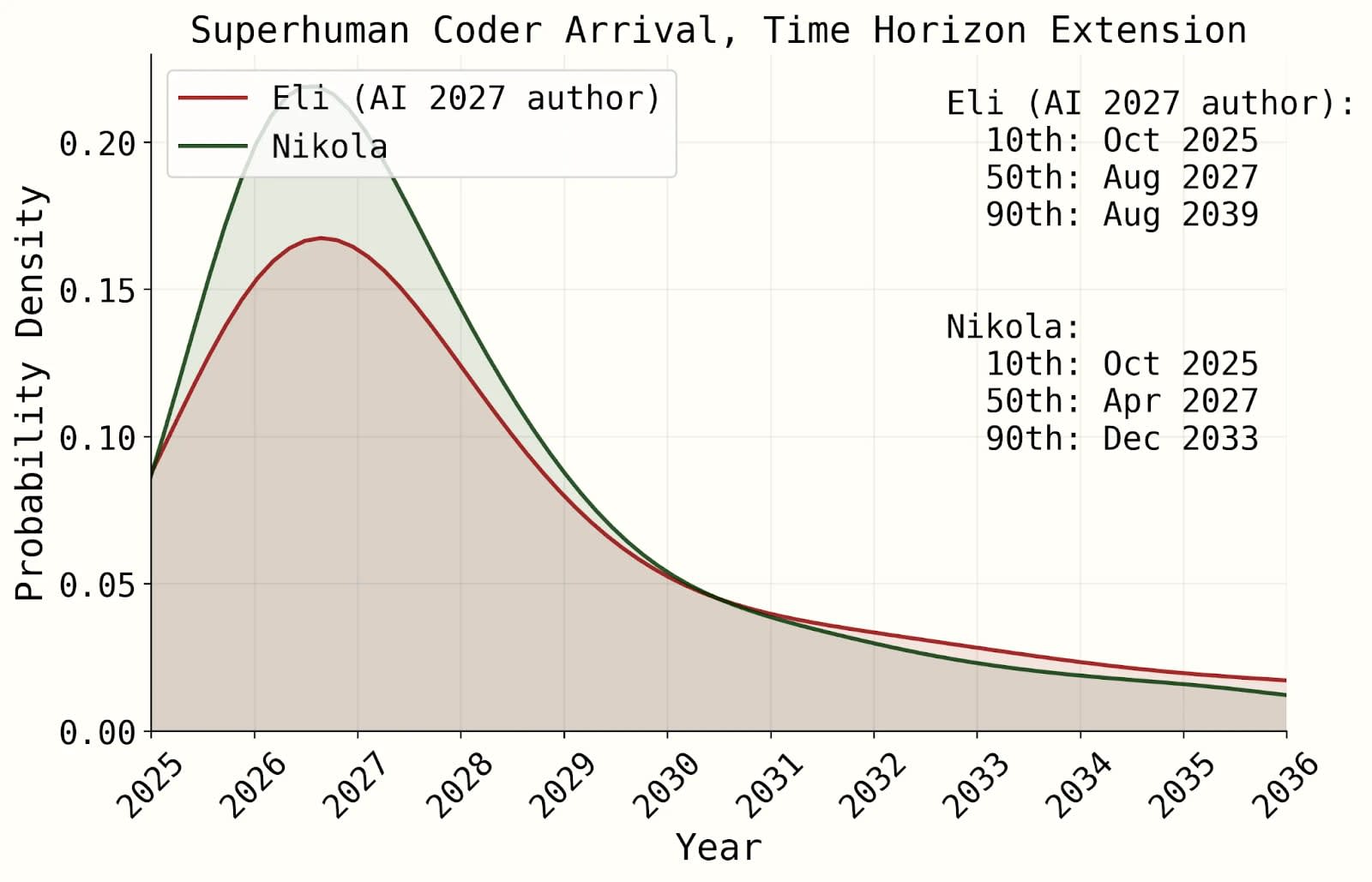Although I'm theologically agnostic nowadays, I was raised Christian and did a lot of reading of the Bible, including the book of Revelations which describes a terrifying vision of an apocalyptic future, where Earth gets caught in the middle of a war between supernaturally destructive beasts and supernaturally-caused natural disasters.
As you may know, one of the predictions in Revelations is that there will be a figure called the Antichrist which claims to be Jesus but is not. I figured that a quick way to get Christians on board with regulating AI is to make unaligned AI be this Antichrist, so that Christians will be motivated to resist the allure of befriending or falling in love with unaligned AI systems.
I used Character.AI to create a simple chatbot that meets the criteria to be the Antichrist, here: https://jesus-the-antichrist.com
I am trying to get some attention to this from the Vatican, in the hopes that they might send out a memo warning all of the priests in the Catholic world to beware of unaligned AI.
I have a few connections in the Catholic world but I don't have any connections with Protestant clergy so I wanted to post this link here, in the hopes that any Christians reading this thread can try to raise the alarm with your pastors.
Thank you.


@JDBauman - this may be of interest to you?
I appreciate efforts to get Christians on board about AI risks, but respectfully, Antichrist memes aren't generally taken very seriously. A fundamental issue seems to be that most people (Christians included) don't take superhuman AI as a credible threat. How then could it be a candidate for the Antichrist?